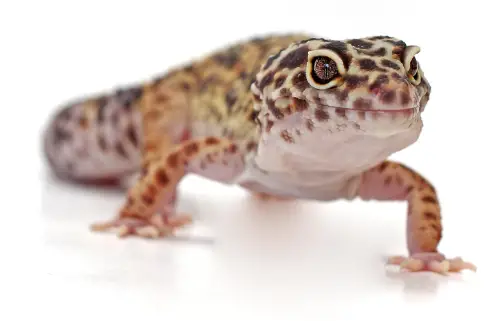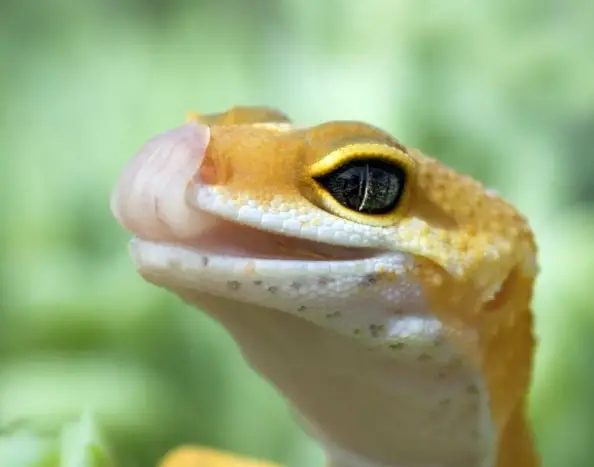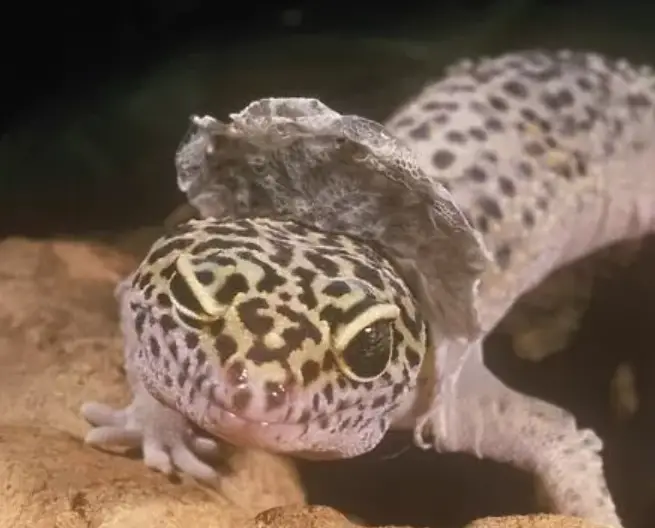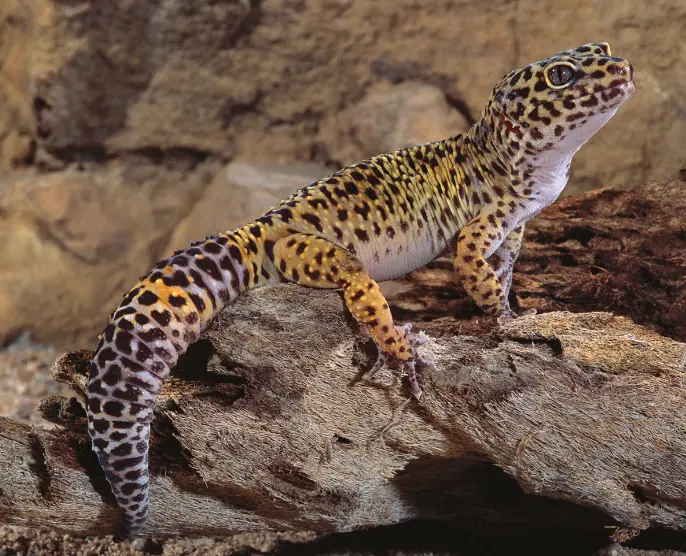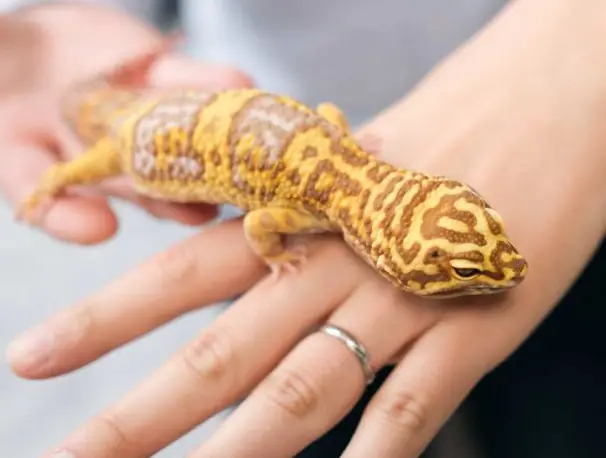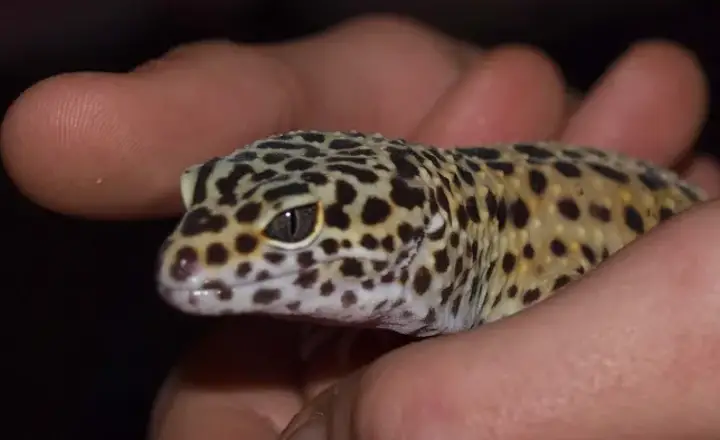Leopard geckos are one of the most popular pet reptiles due to their small size, docile nature, and easy-to-maintain husbandry requirements. As with any pet, providing proper nutrition is essential for their health and wellbeing. Leopard geckos are primarily insectivores, and a balanced diet should consist of a variety of live insects. However, some owners may wonder if it’s possible to feed their leopard gecko solely on an insect diet. In this article, we’ll explore the nutritional requirements of leopard geckos and the potential risks and benefits of feeding them an exclusively insect-based diet.
Can leopard geckos be fed solely on insects?
Yes, leopard geckos can be fed solely on insects as their primary source of food. In the wild, leopard geckos are insectivores and feed primarily on insects, such as crickets, mealworms, and waxworms. In captivity, it is recommended to provide a variety of insects to ensure a balanced diet that includes different nutrients and minerals.
However, it’s important to note that the size and frequency of feeding will depend on the age and size of the leopard gecko. Juvenile leopard geckos will require smaller and more frequent feedings than adult leopard geckos. Additionally, it’s important to provide a calcium supplement to prevent calcium deficiencies, which are common in leopard geckos.
While insects can make up the primary source of food for leopard geckos, it’s recommended to occasionally supplement their diet with other foods, such as small amounts of fruits and vegetables or commercially prepared reptile food.
How often should I feed my leopard gecko if they’re on an all-insect diet?
The frequency of feeding your leopard gecko will depend on their age and size. Juvenile leopard geckos should be fed daily, while adult geckos should be fed every other day. However, if you notice that your gecko is gaining weight or becoming overweight, you may want to adjust their feeding schedule accordingly.
It is important to keep in mind that leopard geckos are nocturnal and prefer to hunt at night. This means that you should offer food during the evening hours, as this is when they will be most active and interested in eating.
What insects should I avoid feeding my leopard gecko?
While there are many different insects that are safe for leopard geckos to eat, there are a few that should be avoided. For example, fireflies, lightning bugs, and toxic beetles are all toxic to leopard geckos and should never be fed to them.
It is also important to avoid feeding your leopard gecko wild-caught insects, as these may be contaminated with pesticides or other harmful chemicals. Instead, purchase insects from a reputable pet store or online retailer.
Can I feed my leopard gecko fruits or vegetables?
While fruits and vegetables may be a healthy part of a human’s diet, they are not recommended for leopard geckos. This is because they are obligate carnivores, which means that their digestive systems are designed to digest meat. Fruits and vegetables can be difficult for them to digest and may even cause digestive issues or impact their overall health.
Should I gut-load my leopard gecko’s insects?
Yes! Gut-loading is an important part of providing your leopard gecko with a nutritious and balanced diet. This involves feeding your insects a diet that is high in vitamins and minerals, which can then be passed on to your gecko during feeding.
Some of the best gut-loading foods for insects include healthy fruits and vegetables like apples, carrots, and sweet potatoes, as well as commercial gut-loading products that are specifically designed for insects.
How can I ensure that my leopard gecko is getting all the necessary nutrients?
While an all-insect diet is a great choice for leopard geckos, it is important to ensure that they are also getting all the necessary nutrients. One of the best ways to do this is by dusting your insects with a high-quality vitamin and mineral supplement before feeding them to your gecko.
You may also want to consider providing a calcium supplement, which is especially important for young and growing geckos. This can be in the form of a powder that can be sprinkled on their food or a liquid that can be added to their water.
Conclusion
In conclusion, feeding your leopard gecko a solely insect diet is completely possible and is often recommended by experts. When feeding a solely insect diet, it is important to ensure that your gecko is also receiving the appropriate vitamins and minerals, which can be achieved by gut-loading your insects and dusting them with supplements. By following these guidelines, you can help ensure that your leopard gecko remains healthy and happy for years to come.
